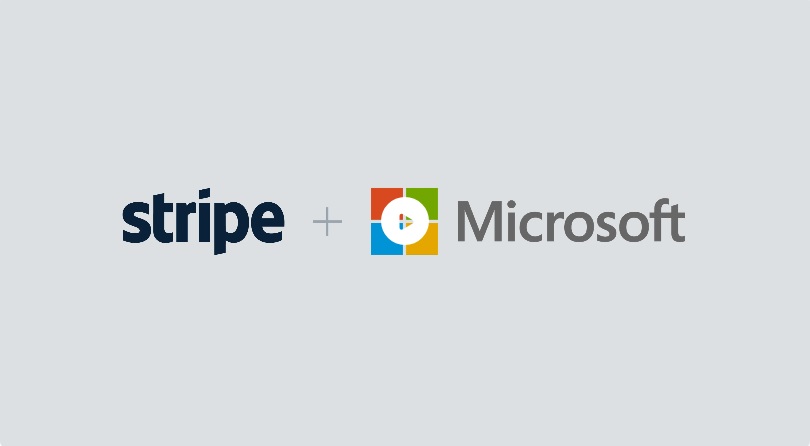Digital identity revenue will double by 2026 to exceed $53 billion globally, as verification becomes critical

A new study from Juniper Research has found that revenue for digital identity vendors will exceed $53 billion globally in 2026; doubling from $26 billion in 2021. Digital identity revenue includes third-party and civic identity apps, centralised identity schemes, and digital identity verification.
In addition, the research predicts that the increased demand for digital onboarding frameworks in the face of the ongoing pandemic will accelerate the uptake of digital identity services.
The research also identified verified digital identity, where identities are confirmed as genuine using verifiable credentials, as being vital for improving fraud mitigation. This represents the next evolutionary step for digital identity; moving from establishing infrastructure to utilising and verifying identity in practical applications. To facilitate this, the report predicts increasing data partnerships between vendors to provide comprehensive, data diverse identity systems.
For more insights, download the free whitepaper: Digital Identity ~ Realising Critical Opportunities
Verification Now the Key Requirement
The new research, Digital Identity: Key Opportunities, Regulatory Landscape & Market Forecasts 2022-2026, found that verification spend will exceed $16 billion in 2026, from $9 billion in 2021. This growth reflects that, as users migrate to digital channels, the need to verify identity digitally also grows. As fraudsters exploit opportunities, verification capabilities will proliferate to wider industries and use cases than ever before.
Research co-author Damla Sat explained: “Digital identity verification tools have become more critical across a broader range of industries than ever, from banking and financial services to eGovernment, healthcare and others. Developing effective user experiences for different verification scenarios will be important for realising digital identity’s potential.”
The US Falling Behind in Digital Identity
The research found that the US is significantly lagging behind in digital identity terms; accounting for only 7% of global digital identity revenue in 2026. The US’ lack of national identity schemes and coordinated strategies is a major limiting factor. The report, however, recognised the potential for decentralised identity in the US, and recommends vendors focus on private initiatives to realise identity’s potential in this market.
Dariusz Mazurkiewicz – CEO at BLIK Polish Payment Standard
Banking 4.0 – „how was the experience for you”
„To be honest I think that Sinaia, your conference, is much better then Davos.”
Many more interesting quotes in the video below:










